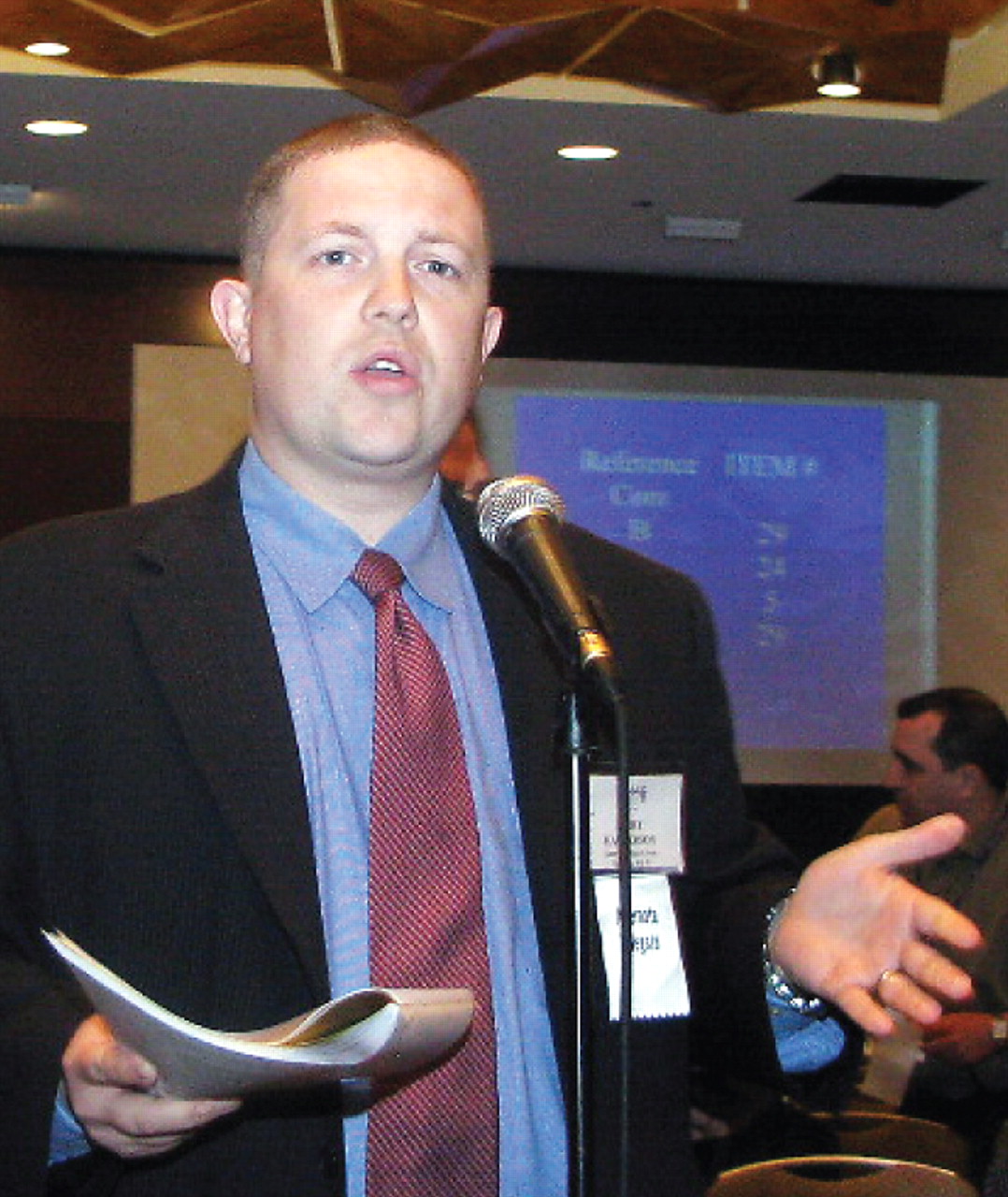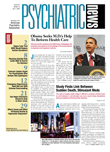Doctors save lives, everyone knows. So why do so many of them take their own?
It's a question that the AMA wants an answer to—and not just an answer, but some concrete recommendations for ways to lower the risk of suicide among physicians.
“Over 300 physicians a year commit suicide,” said psychiatrist Jerry Halverson, M.D., a member of the AMA Section Council on Psychiatry, during hearings at the House of Delegates meeting last month on a resolution he wrote on the subject. “This is an alarming trend. Male physicians, when compared with age-matched other professionals, are about one-and-a-half times more likely to commit suicide. For females, the figure is three or almost four times as likely.”
Moreover, “Up to 15 percent of students have suicidal ideation, and suicide is the second most common cause of death among medical students, after accidents. This is an acute problem.”
Halverson has been a member of the Young Physicians Section (YPS) at the AMA and an alternate delegate to the Section Council on Psychiatry. He is leaving the YPS and joining the psychiatry section council as a full delegate.
The resolution, approved unanimously by the House of Delegates, asks the AMA to collaborate with appropriate state and specialty societies to prepare an updated review of the literature on the incidence of and risk factors for suicide by physicians and medical students. The study should include specific recommendations designed to reduce the incidence of suicide by physicians at all stages of training and practice.
In an interview with Psychiatric News, Halverson said that the AMA had published a position paper on the subject in 2003 in the Journal of the American Medical Association. The “consensus statement” was the work of 15 experts convened in 2002 in Philadelphia by the American Foundation for the Prevention of Suicide.
The panel concluded that “the culture of medicine affords low priority to physician mental health despite evidence of untreated mood disorders and an increased risk of suicide.” The panel added,“ Barriers to physicians seeking help are often punitive, including discrimination in medical licensing, hospital privileges, and professional advancement.”
Halverson said the statement was an important one with valuable recommendations, but one that had lain dormant since its publication.“ We want the AMA to look at this topic and come up with more concrete goals,” he told Psychiatric News. “We know that suicide is a risk for physicians, and we are looking for the AMA to come up with best practices and model legislation so that we can do something about it.”
“Confronting Depression and Suicide in Physicians: A Consensus Statement” is posted at<www.afsp.org/files/Misc_//JAMA.Physician_Suicide2003.pdf>. The resolution passed by the House of Delegates is posted at<www.ama-assn.org/ama1/pub/upload/mm/475/a-09-ref-comm-d-annotated.pdf>.▪

